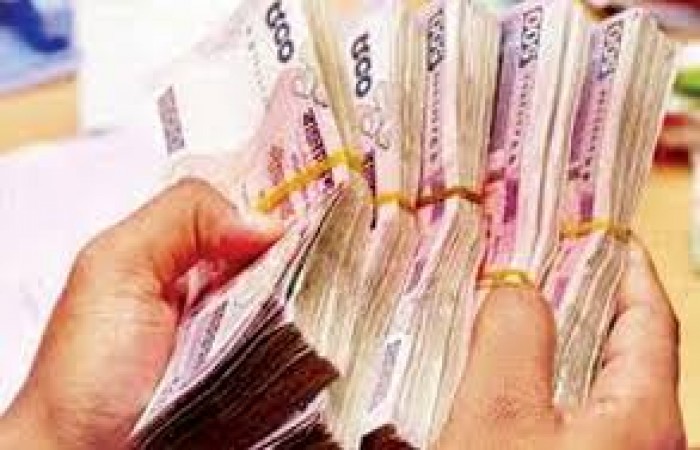
Zulfiqar Hasan, Associate Professor (Finance)
Capital is a popular term used in business and finance. But the definition of capital varies from scholar to scholar. Without sufficient capital, no business can run well.
Definition of Capital
Generally, the money, property and other valuables which collectively represent the wealth of an individual or business is called capital.
In economics, capital represents one of the important factors of production.
In other term capital refers to the total investment of the company in terms of money, and assets. It is also called as total wealth of the company. When the company is going to invest large amount of finance into the business, it is called as capital. Capital is the initial and integral part of new and existing business concern.
Financial capital is any economic resource measured in terms of money used by entrepreneurs and businesses to buy what they need to make their products or to provide their services to the sector of the economy upon which their operation is based, i.e. retail, corporate, investment banking, etc
Types of Capital
The capital requirements of the business concern may be classified into two categories:
- Fixed capital
- Working capital.
Fixed Capital
Fixed capital is the capital, which is needed for meeting the permanent or long-term purpose of the business concern. Fixed capital is required mainly for the purpose of meeting capital expenditure of the business concern and it is used over a long period. It is the amount invested in various fixed or permanent assets, which are necessary for a business concern.
Definition of Fixed Capital
According to the definition of Hoagland, “Fixed capital is comparatively easily defined to include land, building, machinery and other assets having a relatively permanent existence”.
Character of Fixed Capital
- Fixed capital is used to acquire the fixed assets of the business concern.
- Fixed capital meets the capital expenditure of the business concern.
- Fixed capital normally consists of long period.
- Fixed capital expenditure is of nonrecurring nature.
- Fixed capital can be raised only with the help of long-term sources of finance.
Working Capital
Working capital is the capital which is needed to meet the day-to-day transaction of the business concern. It may cross working capital and net working capital. Normally working capital consists of various compositions of current assets such as inventories, bills, receivable, debtors, cash, and bank balance and prepaid expenses.
According to the definition of Bonneville, “any acquisition of funds which increases the current assets increases the Working Capital also for they are one and the same”.
Importance of Working Capital
Working capital is needed to meet the following purpose:
- Purchase of raw material
- Payment of wages to workers
- Payment of day-to-day expenses
- Maintenance expenditure etc.
Contributor: Zulfiqar Hasan, a university teacher working as an Associate Professor (Finance)




